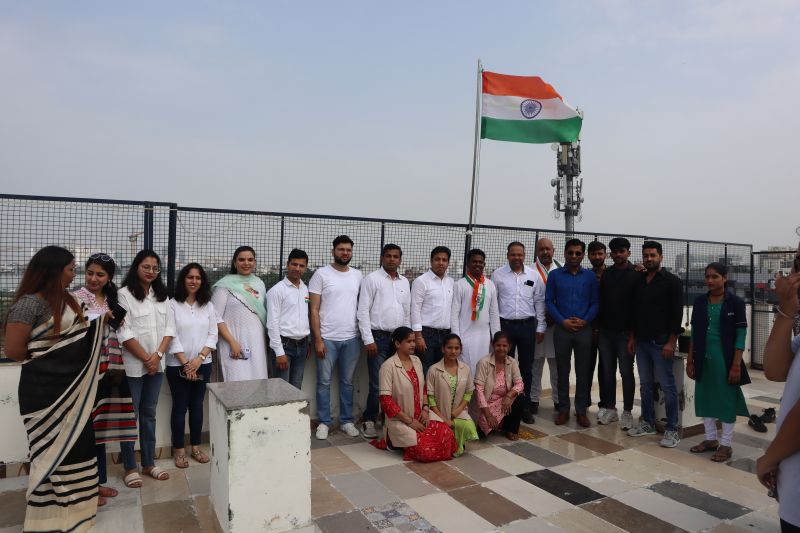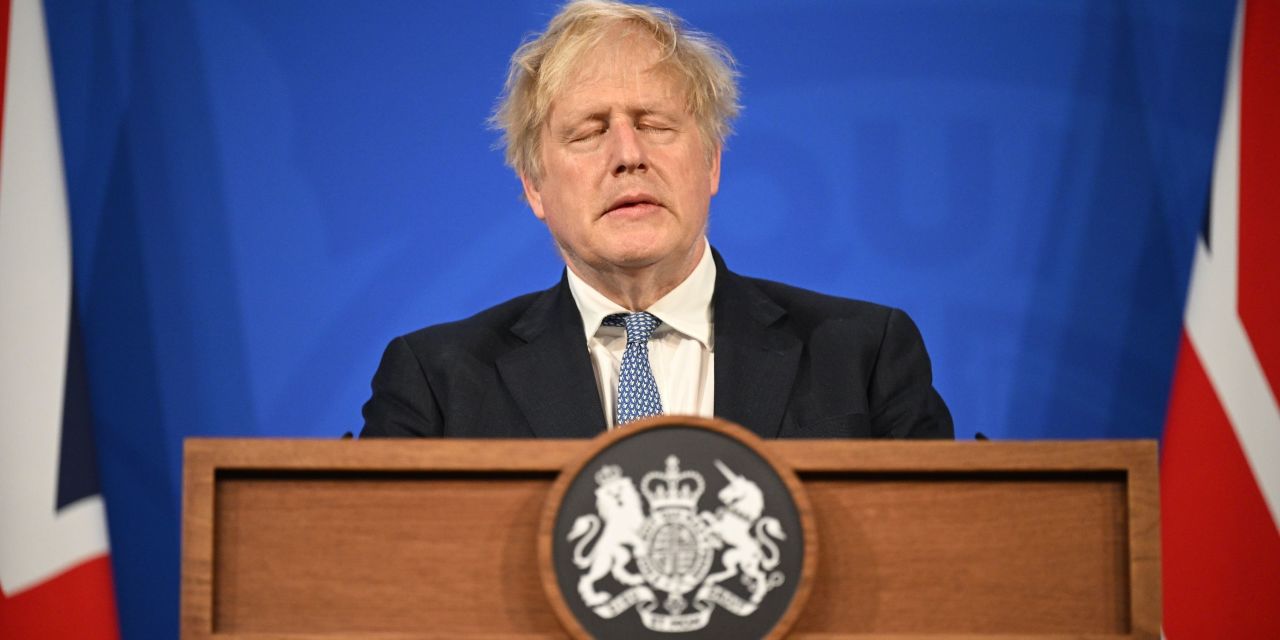Breaking The Silence: Why Mental Health Awareness Matters (Dr. Shradha Malik)

Table of Contents
Understanding the Scope of Mental Health Issues
The sheer prevalence of mental health disorders is alarming. Mental illness statistics reveal a global crisis. The World Health Organization (WHO) estimates that depression alone affects over 280 million people worldwide. Understanding the scope of the problem is the first step towards effective action. Different types of mental illness manifest in various ways, impacting daily life profoundly.
- Statistics on the global burden of mental illness: The economic and social costs of untreated mental illness are enormous, impacting productivity, relationships, and overall societal well-being.
- Common mental health disorders and their symptoms: Conditions like anxiety, depression, bipolar disorder, and PTSD affect millions, each with unique symptoms and varying levels of severity. Recognizing these symptoms is crucial for early intervention.
- The impact of untreated mental illness on physical health: Mental and physical health are intricately linked. Untreated mental illness can significantly increase the risk of chronic physical health problems, including cardiovascular disease and diabetes.
- The importance of early intervention and treatment: Early diagnosis and appropriate treatment are vital in improving outcomes and preventing long-term consequences. Seeking professional help is a sign of strength, not weakness.
The Devastating Impact of Stigma
Mental health stigma remains a significant barrier to seeking help. Social stigma, fueled by misinformation and prejudice, creates a culture of silence and shame surrounding mental illness. This discrimination prevents individuals from openly discussing their struggles, leading to delayed treatment and worsening symptoms.
- Examples of societal stigma related to mental health: Negative stereotypes, fear of judgment, and the misconception that mental illness is a personal failing contribute to the widespread stigma.
- How stigma impacts help-seeking behaviors: Fear of social rejection, discrimination in the workplace, and concerns about confidentiality often deter individuals from seeking professional assistance.
- The role of education in reducing stigma: Education is paramount in dismantling stigma. Openly discussing mental health in schools, workplaces, and communities can help normalize the experience and encourage help-seeking.
- The impact of stigma on recovery and overall well-being: Stigma significantly hinders recovery and negatively impacts an individual's overall quality of life. Creating supportive environments is crucial for successful treatment and long-term mental wellbeing.
Promoting Open Conversations and Seeking Help
Breaking the silence is crucial. Open communication about mental health is the cornerstone of fostering a supportive environment. There are numerous avenues for seeking professional help and support.
- Resources for finding mental health professionals: Numerous online resources and directories can help individuals locate qualified therapists, counselors, and psychiatrists in their area.
- Benefits of therapy and counseling: Therapy provides a safe and confidential space to address mental health challenges, develop coping mechanisms, and improve overall well-being.
- Importance of support groups and peer support: Connecting with others who understand can provide invaluable emotional support, reduce feelings of isolation, and foster a sense of community.
- Effective self-care techniques for managing mental health: Self-care practices, such as exercise, mindfulness, healthy eating, and sufficient sleep, play a vital role in managing mental health and promoting resilience.
The Role of Education and Awareness Campaigns
Mental health education and awareness campaigns are essential for combating stigma and promoting mental wellbeing. Proactive prevention programs are vital.
- Examples of successful mental health awareness campaigns: Many organizations have launched impactful campaigns to raise awareness, destigmatize mental illness, and promote help-seeking behaviors.
- The importance of mental health education in schools and workplaces: Integrating mental health education into curricula and workplace training programs can help equip individuals with the knowledge and skills to support their own mental health and that of others.
- The role of government and non-profit organizations: Governments and non-profits play a critical role in funding research, implementing public health initiatives, and supporting community-based programs.
- Strategies for creating effective awareness campaigns: Effective campaigns use compelling narratives, accessible language, and targeted outreach to reach diverse populations.
Conclusion
This article has highlighted the significant impact of mental health issues, the devastating effects of stigma, and the crucial need for increased mental health awareness, open conversations, and readily accessible support. Dr. Shradha Malik's work exemplifies the dedication needed to improve psychological health for all. Let's break the silence and prioritize mental health awareness together. Take action today: talk to a friend, family member, or professional if you are struggling. Support mental health organizations and participate in awareness campaigns. Let's create a world where mental health is understood, valued, and supported. Learn more about available resources and how you can get involved in promoting mental wellbeing in your community.

Featured Posts
-
 Recent Turmoil In Reform Uk Exploring The Causes And Impact
May 03, 2025
Recent Turmoil In Reform Uk Exploring The Causes And Impact
May 03, 2025 -
 Pancake Day Shrove Tuesday Exploring Its Roots And Modern Celebrations
May 03, 2025
Pancake Day Shrove Tuesday Exploring Its Roots And Modern Celebrations
May 03, 2025 -
 Is A Boris Johnson Comeback On The Cards For The Conservatives
May 03, 2025
Is A Boris Johnson Comeback On The Cards For The Conservatives
May 03, 2025 -
 Palisades Fire A List Of Celebrities Who Lost Properties
May 03, 2025
Palisades Fire A List Of Celebrities Who Lost Properties
May 03, 2025 -
 Celebrity Facelift Controversy Fans React To Altered Appearance
May 03, 2025
Celebrity Facelift Controversy Fans React To Altered Appearance
May 03, 2025
Latest Posts
-
 1 50
May 04, 2025
1 50
May 04, 2025 -
 Dari Sampah Menjadi Harta Petunjuk Praktis Mengolah Cangkang Telur
May 04, 2025
Dari Sampah Menjadi Harta Petunjuk Praktis Mengolah Cangkang Telur
May 04, 2025 -
 1 T 50
May 04, 2025
1 T 50
May 04, 2025 -
 Kivinin Kabugu Besleyici Mi Zararli Mi Tam Bir Rehber
May 04, 2025
Kivinin Kabugu Besleyici Mi Zararli Mi Tam Bir Rehber
May 04, 2025 -
 Manfaatkan Limbah Rumah Tangga Cangkang Telur Untuk Pertanian Dan Peternakan
May 04, 2025
Manfaatkan Limbah Rumah Tangga Cangkang Telur Untuk Pertanian Dan Peternakan
May 04, 2025
